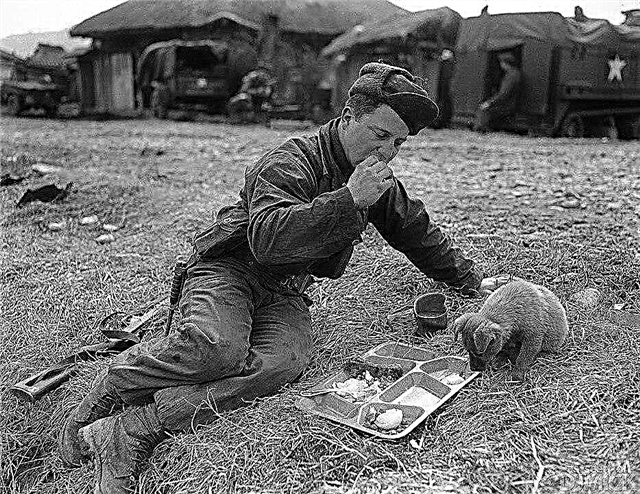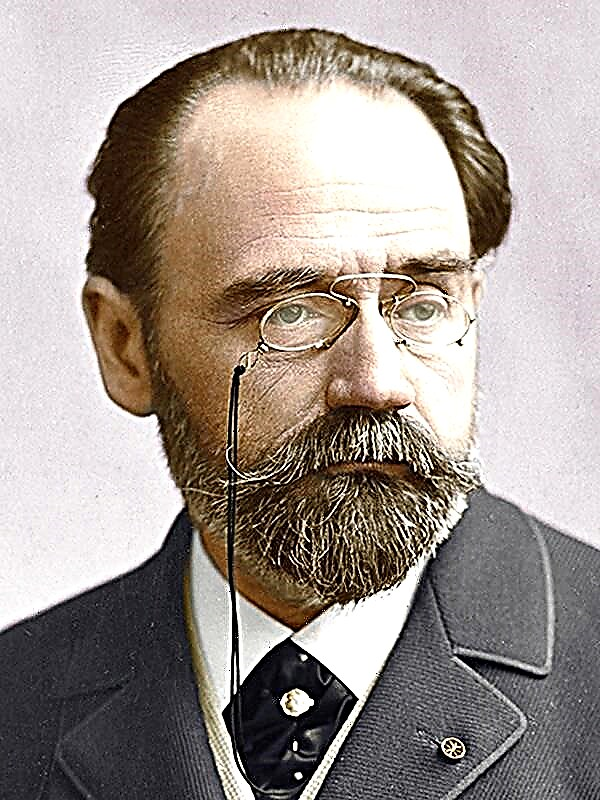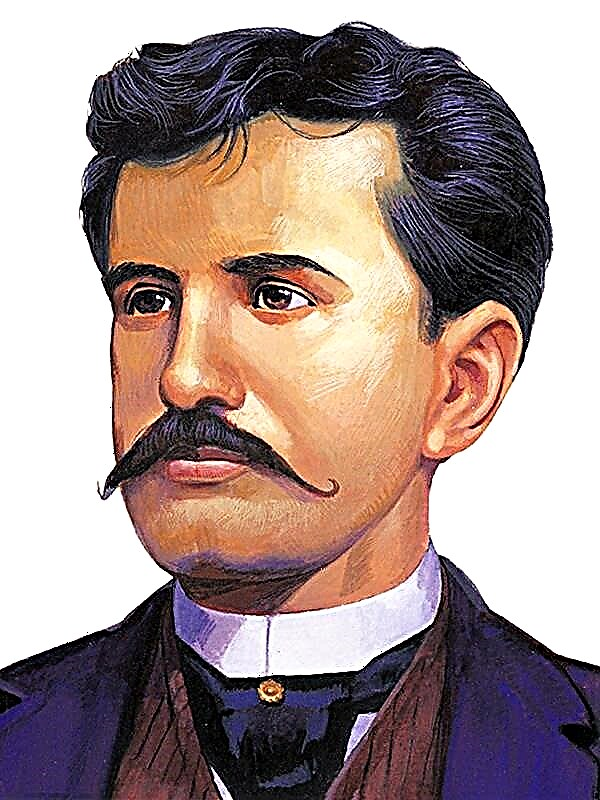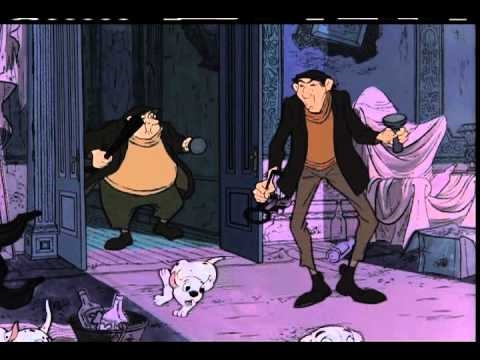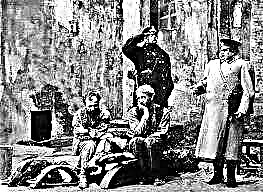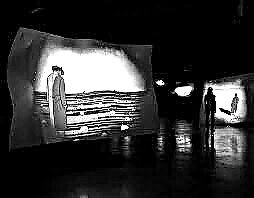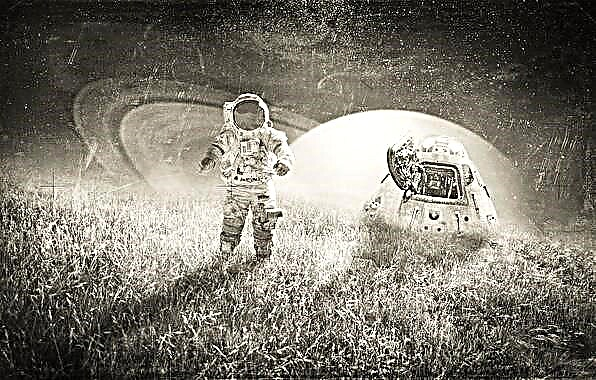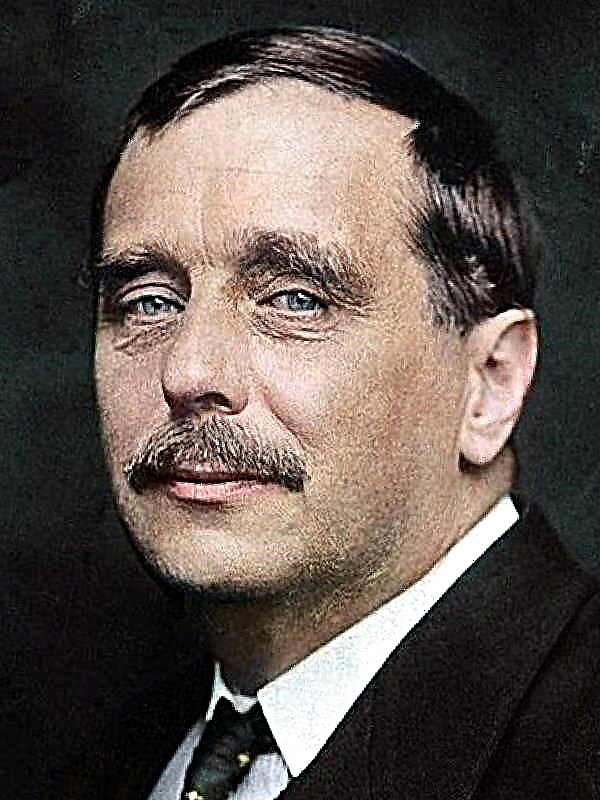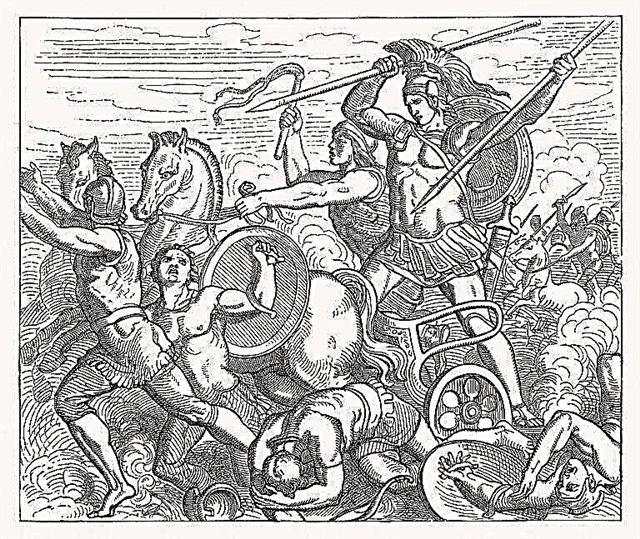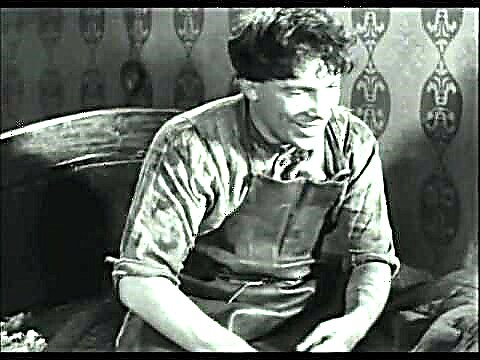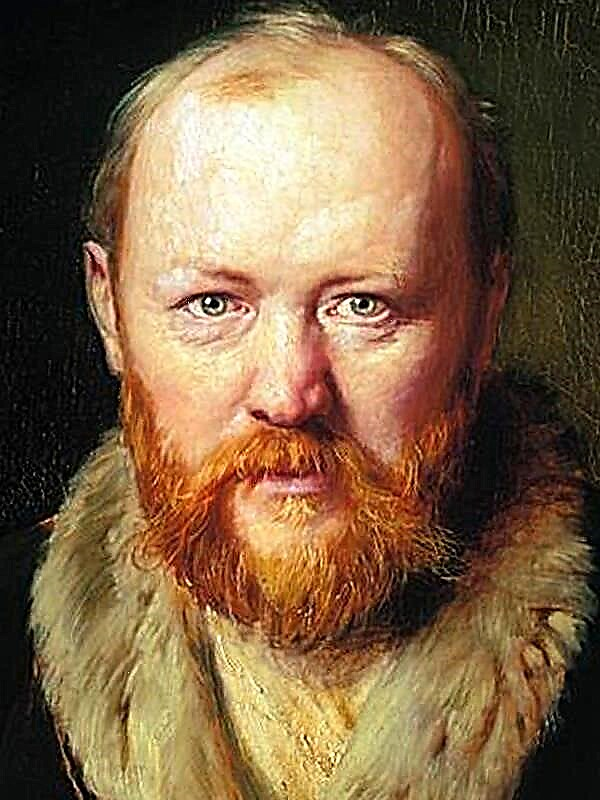Every night after the first roosters in the Don village of Filippovka, Grandfather Gavril wakes up, sits near the house for a long time, smokes, coughs and recalls his only son who went missing in the Civil War.
When war broke out, the Reds began to attack, Gavrila himself outfitted his son Peter. I bought him a good horse, gave his grandfather a saddle with a bridle and ordered him to serve the king, as his grandfathers and great-grandfathers served, and not to shame the quiet Don.
A month after Peter's departure, the Reds came to the village. At the front, the son deserved commanding epaulettes, and in Filippovka, the father nurtured “old man’s hatred, deaf” towards the damned red. In spite of them, he wore royal medals on his chest, while the chairman of the stanitsa council did not order to remove them.
There was a bitter resentment, like wormwood in bloom. He took off the Order, but resentment grew in the soul, burst, with anger it began to be related.
When Peter disappeared, the economy fell into decay. The horses were dismantled - first white, then red, and the last unpretentious horse the Makhnovists took away. The courtyard buildings were crumbling; mice were in charge of them. Gavrila’s hands did not rise to work - there was no one to work for. Only in the spring the old man could not stand it, harnessed the bulls, went to plow and sow wheat.
Neighbors came from the front, but none of them heard about Peter.However, both Gabriel and his old woman-wife were waiting for their son, they hoped. They sewed a fur coat for him, prepared the boots, hung a hat on a nail, as if his son had come out for a short while and would be back soon.
Once Gavrila saw his wife mourn for Peter, embracing his unsung hat. He flew over, knocked down the old woman, and took his hat. Since then, "the old woman's left eye began to twitch, and her mouth twisted."
Time has passed. A neighbor who had served with Peter in the same regiment returned from Turkey and told Gavrila that his son had died in the battle with the Reds.
Soon rumors about the surplus-appraisal and about gangs coming from the lower reaches of the Don passed around the village. But Gavril did not go to the executive committee and did not hear the news. Once, a chairman with three foodstuffs appeared at Gavril. Their boss, young, tall, blond, demanded the surplus of wheat, and the old man had to obey.
Before Gabriel went out into the courtyard, a gang of Kuban flew in. The shootout began, and all the foodstuffs died. When everything calmed down, Gavrila discovered that the blond boss, who turned out to be a boy of about nineteen, was still breathing.
For four days the blond lay in the Gavrilova hut, as dead, only his heart was beating. Then he began to have a fever. The old men nursed him for three months, became attached and began to call him Peter. When the blond woke up, he called himself Nikolai, but the old people persistently called him the name of his only son.
Unpilled love ‹...› to Peter, the deceased son, spread fire on this motionless, kissed, someone else’s son’s death ...
When Nicholas got to his feet in the spring, the old men gave him the clothes that had been designed for Peter.His wounds almost healed, only a broken right arm never healed.
Nikolai was from the Urals. His father was killed in a booze when the boy was seven years old, and his mother left with the contractor. Nikolay grew up at the iron foundry, and went there to work. He was a communist, and this alien word no longer seemed so scary to Gavril.
Upon learning that Nikolai was an orphan, the old men suggested that he stay and be in place of his son. He promised to live the summer in Filippovka, and it will be seen there. He called Gavril his father, and this made him warm in his heart.
Nikolai turned out to be working, along with Gavrila, he raised the economy. Closer to the fall, Nicholas received a letter from the Urals - they called his native plant to raise it. For several days he thought, suffered, but could not stay, decided to go where his blood called.
Gavrila drove him up to the turn of the road, said goodbye, knowing that Nikolai would never return. Soon the wind spun dust where the step-son passed.

